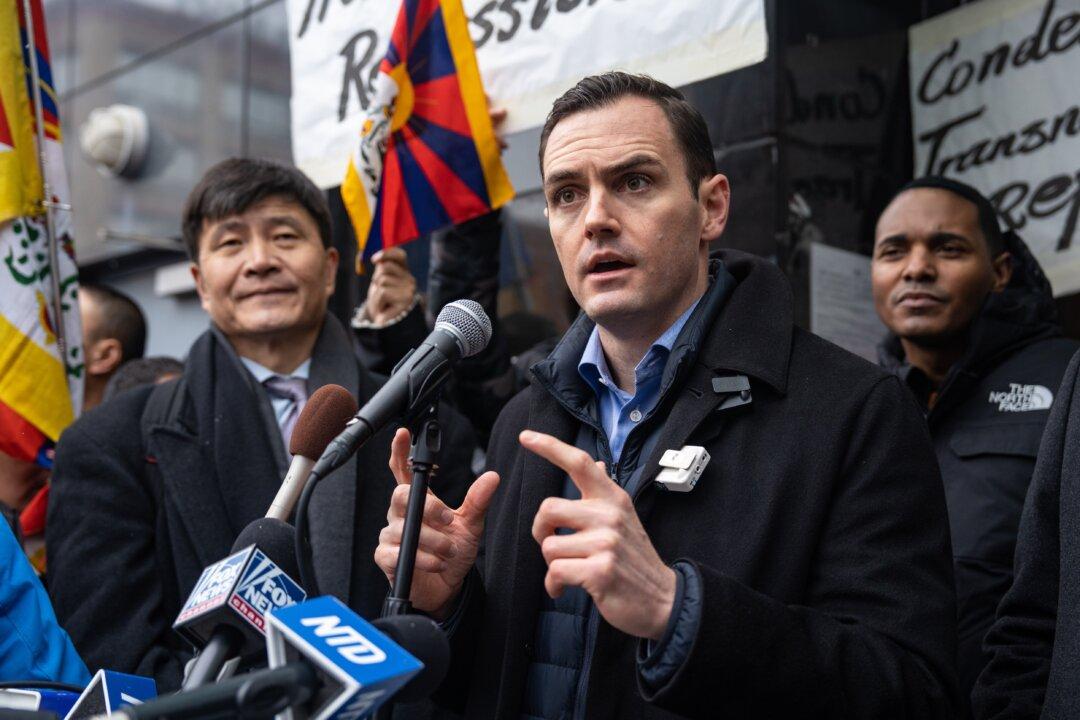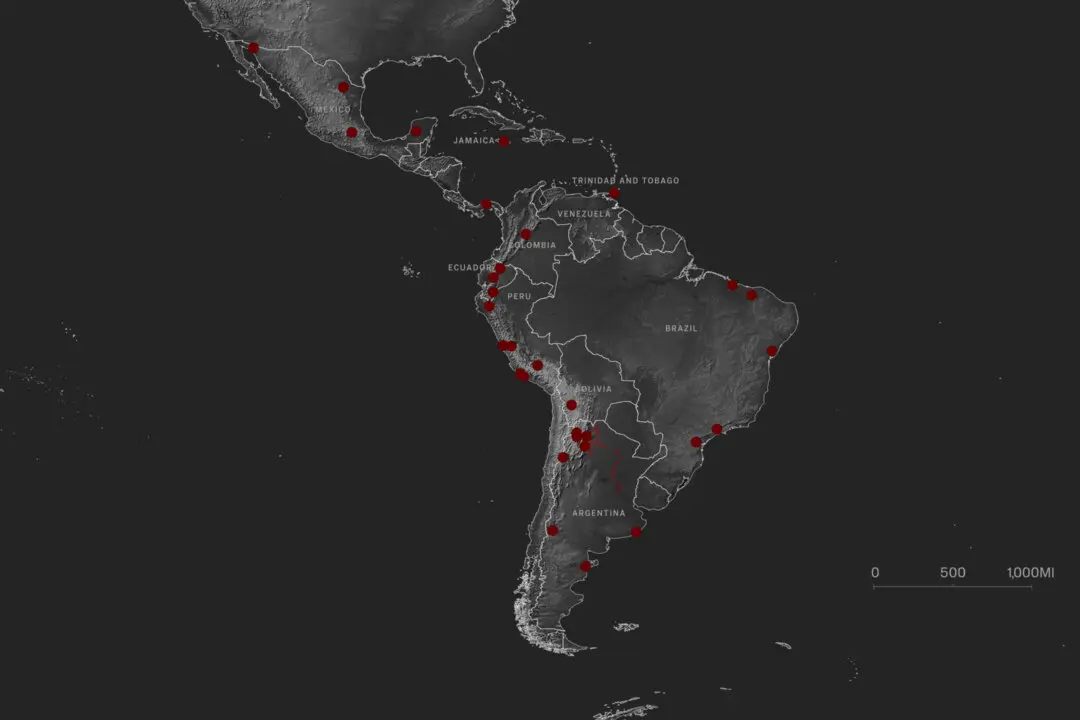In trying to engage China, the Biden administration is reviving a China policy that hasn’t worked for decades, Rep. Mike Gallagher (R-Wis.) warned.
“Time and time again, engagement—particularly engagement just for the sake of engagement—has undermined the urgency we need to actually win this competition. The fact that the Biden administration is reviving diplomatic and economic engagement as a core pillar of our grand strategy, I think, is counterproductive and dangerous,” he told The Epoch Times sister media outlet NTD on June 15.





